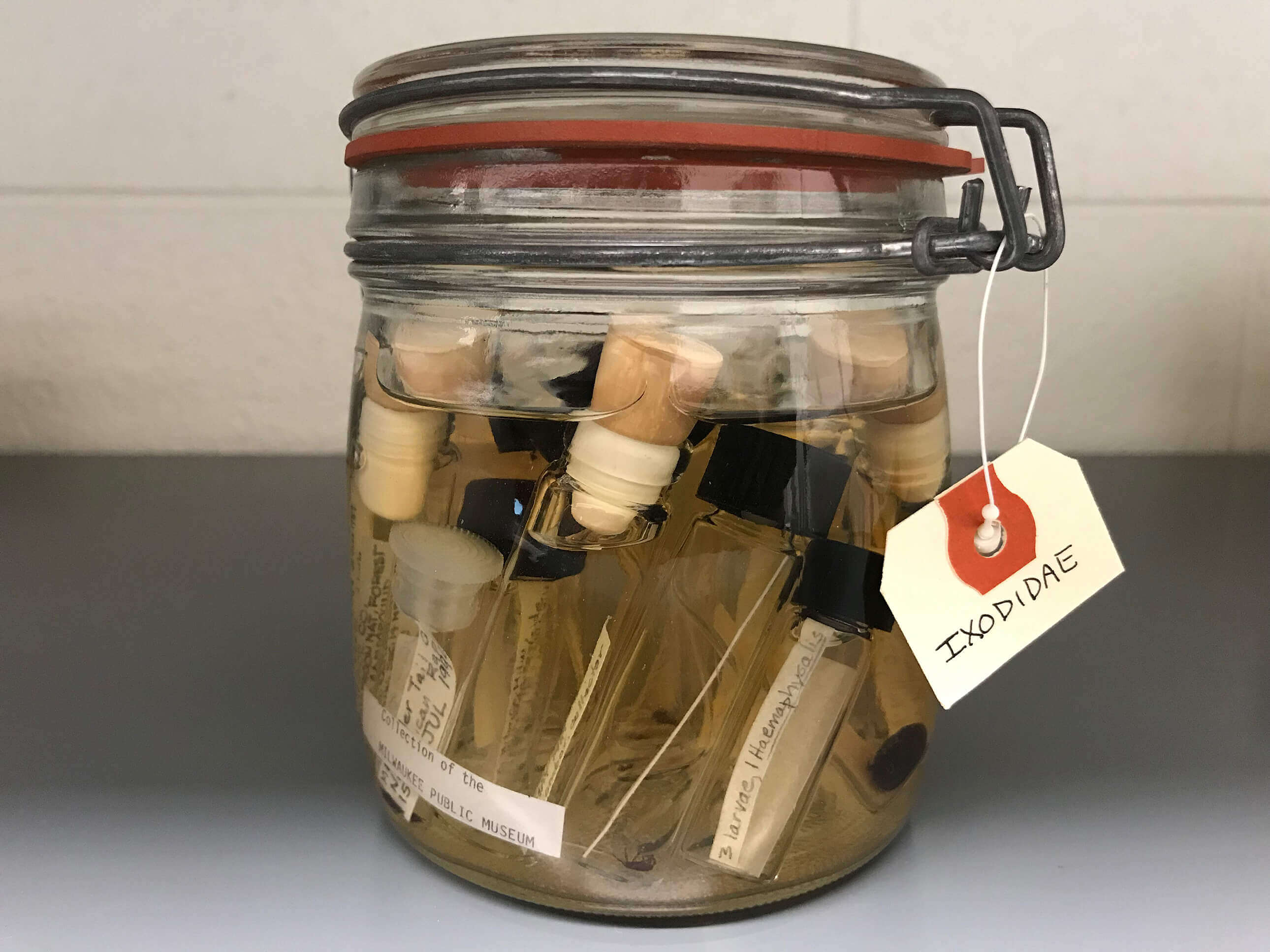Purdue leading effort to digitize North American parasite collections
Parasites play significant roles in human health, wildlife conservation and livestock productivity. But getting an accurate picture of their distributions and associations with hosts is difficult because the specimens and their location data are often hidden away in vials and on microscope slides in research collections all over the country.

That will change, however, as Purdue University entomologists lead the effort to modernize the world’s knowledge on arthropod parasites using a three-year, $4.3 million National Science Foundation grant. The Terrestrial Parasite Tracker project will mobilize more than 1.3 million arthropod specimens representing species such as ticks, which spread Lyme disease, and mosquitoes that carry West Nile virus, malaria and other diseases.
“Typically people envision that we have all this knowledge in books or a spreadsheet at these facilities, but we’re not even at that point. We’re talking about handwritten cards on a shelf,” said Stephen Cameron, professor and head of Purdue’s Department of Entomology, home of the Purdue Entomological Research Collection. “We are now organizing data that would otherwise be unattainable to the broader scientific community.”
Cameron and Jennifer Zaspel, research curator and head of zoology at the Milwaukee Public Museum and an adjunct associate professor at Purdue, will lead the effort with colleagues who manage 26 other research collections across the country. The data will be combined with vector and disease-monitoring data from state and federal agencies, creating a portal for researchers to track past parasite distributions and their interactions with hosts in order to predict future changes.
“Data transcribed from specimen labels can be used to produce distribution maps that help provide a more complete picture of where organisms occurred over the last 100 or more years. This information can be linked with host records, allowing us to better understand the history of host-parasite relationships and how they may have changed over time due to climate, land use, global movement and other factors.” Zaspel said. “With all of this data online, we’ll be able to easily access records for a given parasite and its hosts, accelerating the pace of our research and enhancing our ability to predict the future spread of arthropod-vectored pathogens.”
Specimen images will be used to develop automated tools for rapid parasite identification. The grant also will support public education programs, summer youth programs, teaching modules for undergraduate classes and other educational materials.
Cameron and Zaspel will coordinate the digitization effort, implementing uniformity and standards that will ensure usability for research. The John McDonald Collection, which contains several thousand parasites collected by the longtime late Purdue entomologist who died in 2018, will be included in the project.






